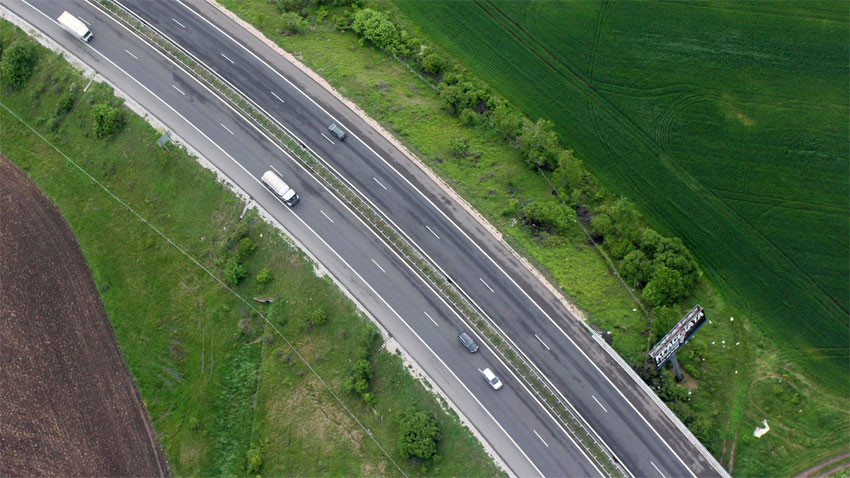
The road infrastructure and the condition of the Bulgarian roads is a problem both for this country’s authorities and citizens. The condition of the Bulgarian roads does not correspond with the contemporary perception of modern first-class roads and motorways. Bulgaria is a country with population of 7 million people only, but the number of vehicles in this country exceeds 2.7 million. The Bulgarian authorities admit that nearly 40% of all roads in Bulgaria are not in good condition. The country’s government is aware of this situation and does its best to provide the necessary financing, in order to solve this problem. This year the cabinet gave a green light for the repair, construction and maintenance of Bulgarian roads with a total length of 709 kilometers. For the purpose, a record-high amount of money will be invested- nearly EUR 1.9 billion. The new investments are expected to improve road safety in this country and reduce the number of road fatalities. In 2018 the victims of road accidents decreased 11% as compared to the previous year. Traffic violations were the reason for 97% of all road accidents in Bulgaria. However, statistics does not say that many road accidents are caused by the poor condition of some municipal or national roads.
The construction of motorways in this country continues in 2019. In fact, Trakia Motorway (in South Bulgaria) is the only fully-constructed highway in this country. It links Bulgaria’s capital Sofia and the Black Sea city of Burgas. The construction of Hemus motorway (In North Bulgaria) still continues. Its construction started several decades ago. Now, the authorities claim that it will be fully-constructed by 2024. In 2019 the cabinet allots some EUR 690 million from the budget surplus to the construction of Hemus motorway. The motorway will connect Sofia and the city of Varna situated on the Black Sea coast. Construction of Struma motorway has been going according to schedule. This motorway has been built along some of the busiest transport routes in Bulgaria connecting the capital city Sofia and the Bulgaria-Greece border. Construction of Struma motorway should end in 2023. Thus, traffic congestion and the long lines of Bulgarian, Romanian, Greek, Macedonian and Serbian vehicles will remain in the past.
Despite the poor condition of the Bulgarian roads, many of them have gone under serious repairs. Their maintenance costs money. That is why the Bulgarian drivers and the foreign citizens driving through Bulgaria must pay a road tax in the form of a Vignette. In 2019 the paper vignettes were converted into electronic vignettes, yet their prices remained unchanged as compared to last year. Moreover, in the summer of 2019 a road toll system for cargo vehicles will be introduced. The authorities are hoping that the new toll system will generate a substantial financial resource which will be used later for the construction and the maintenance of the national roads. Thus, Bulgaria will have the opportunity to catch up with the highly- developed countries in Western Europe and finally enter into the era of high-speed, safe and eco-friendly transport.
English version: Kostadin Atanasov
In the next 12 months, the Bulgarian business needs about 262,000 workers and specialists , according to a study by the Employment Agency. This is nearly 9.3% of the currently employed. Compared to the results in 2023, there is a..
There will be pilot testing of ground-based silver iodide generators for hail protection in two zones where the use of rockets is not allowed, the Deputy Minister of Agriculture Ivan Kapitanov said. At a meeting with Claude Berthet,..
The German economy has been shrinking and the government expects a decline of 0.2% of GDP. Some of the main reasons for this include unresolved structural problems related to lack of energy security, excessive bureaucracy and shortage..

+359 2 9336 661
